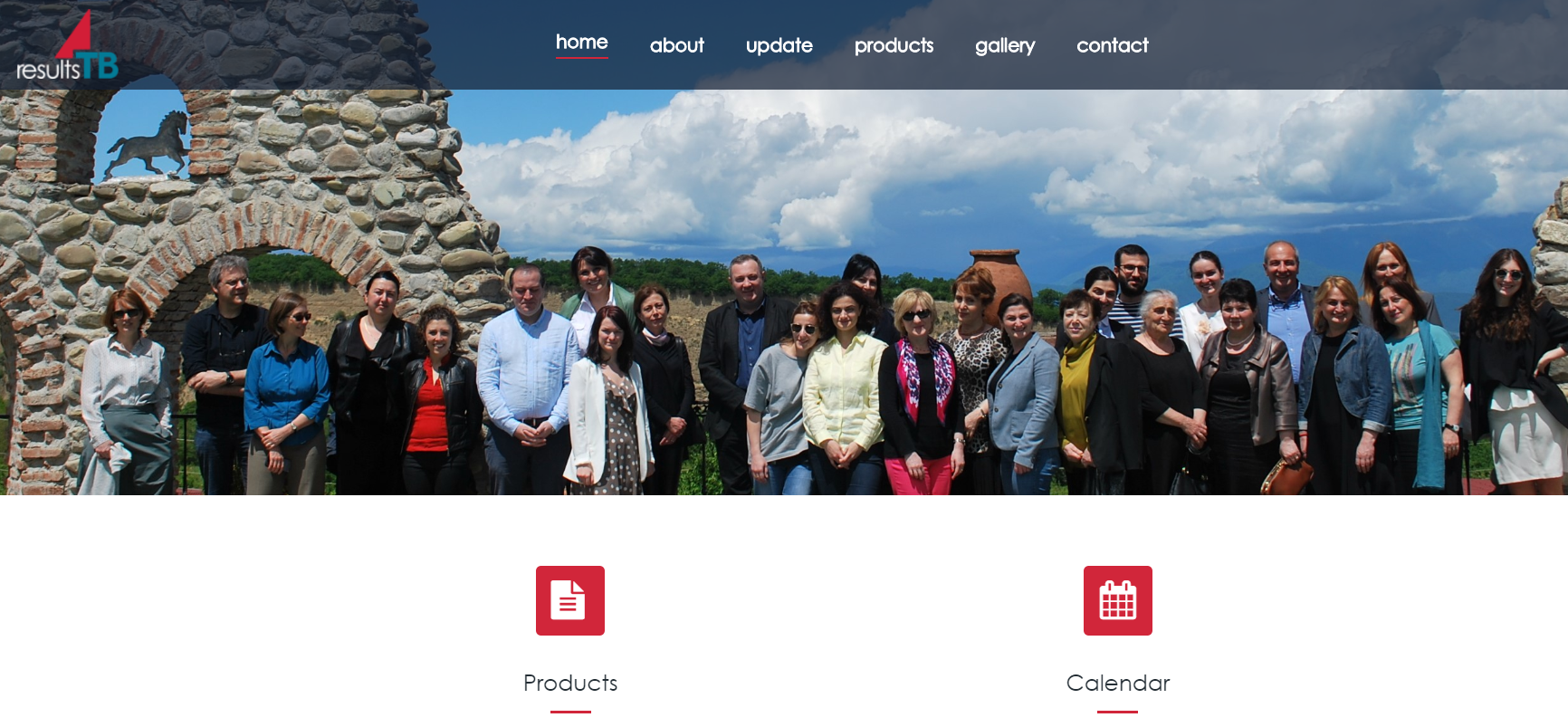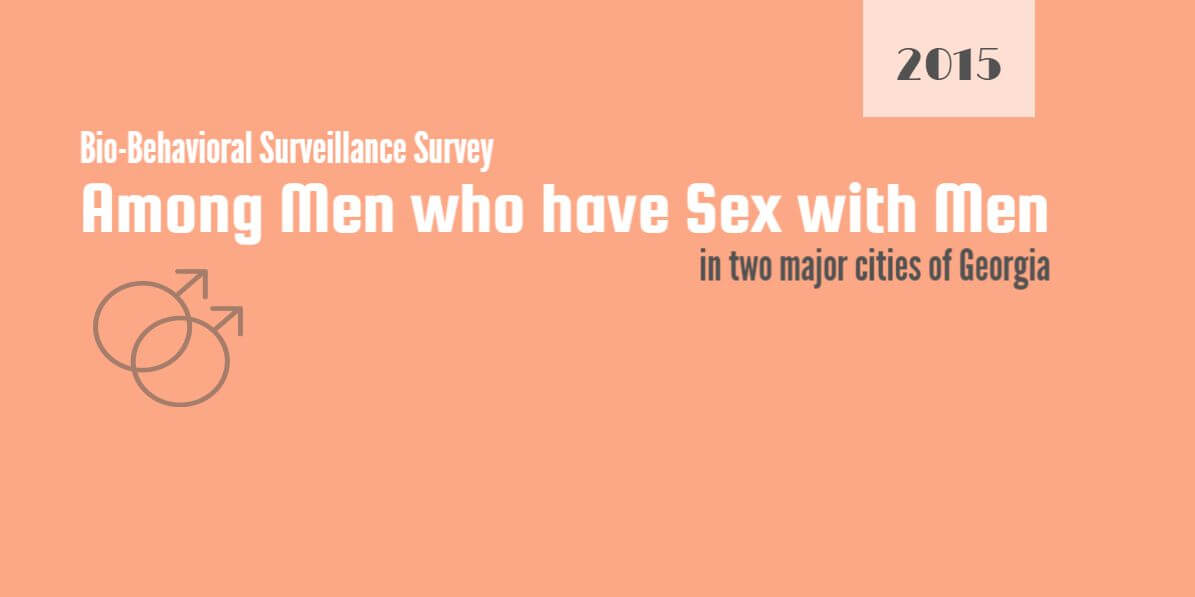[vc_row][vc_column width=”1/2″][vc_column_text]
Introduction and Overview
Curatio International Foundation in partnership with Queen Margaret University (UK), London School of Hygiene and Tropical Medicine (UK) and Antwerp Institute of Tropical Medicine (Belgium) is implementing a study “Designing and evaluating provider results-based financing for tuberculosis care in Georgia: understanding costs, mechanisms of effect and impact”.[/vc_column_text][/vc_column][vc_column width=”1/2″][vc_column_text]
 [/vc_column_text][/vc_column][/vc_row][vc_row][vc_column width=”1/1″][vc_column_text]The 48-month duration research project will assist the Government of Georgia in developing a provider incentive payment scheme for Tuberculosis (as a pilot intervention) and will generate evidence on its effects on adherence and treatment success rates and costs.
[/vc_column_text][/vc_column][/vc_row][vc_row][vc_column width=”1/1″][vc_column_text]The 48-month duration research project will assist the Government of Georgia in developing a provider incentive payment scheme for Tuberculosis (as a pilot intervention) and will generate evidence on its effects on adherence and treatment success rates and costs.
The research will seek to answer the following research questions:
(1) What is the impact of provider-focused Results-Based Financing (RBF) on patients’ adherence to tuberculosis treatment and treatment outcomes of both Drug-Susceptible (DS) and Multi Drug Resistant (MDR) patients in Georgia?
(2) Is the RBF intervention cost-effective?
(3) How does it work, for whom and in which conditions? and
(4) How should RBF be modified to optimize national roll-out for this and possibly other health services?
Project has launched in March 2017 and will run till March 2021[/vc_column_text][/vc_column][/vc_row][vc_row][vc_column width=”1/1″][ultimate_spacer height=”30″][vc_column_text]
Organizations involved in the research
The project is funded through the Joint Health Systems Research Initiative which is jointly funded by the Department of International Development (DFID), the Economic and Social Research Council (ESRC), the Medical Research Council (MRC) and the Wellcome Trust (WT).
The study will be implemented by CIF (Georgia), Queen Margaret University (UK), London School of Hygiene and Tropical Medicine (UK) and Antwerp Institute of Tropical Medicine (Belgium).
Expected Results and Their Application
The beneficiaries of this research will be TB patients, nurses and physicians involved in TB care, health facility managers, policy-makers, community members and the scientific community in Georgia, in the region and globally.
The research will narrow the knowledge gap existing around RBF interventions, such as their application in public/private settings and their cost-effectiveness, the conditions of success and the wider (negative and positive) consequences of the scheme.
The research will also produce methodological innovation regarding the use of realist evaluation alongside cost-effectiveness analysis.
The evidence produced through this research will be used by national policy-makers to reform the financing of primary health schemes in a way that improves efficiency, quality, and sustainability of services. Additionally, findings will be beneficial for other LMICs, particularly for those with a similar vertical organization of TB services (most of the former Socialist countries of Eastern and Central Europe and Central Asia) and for countries where private providers play an important role in the provision of TB services
Would you like to be updated about the project achievements?
The Results4tb project has its own website. Visit the page to learn more about the project.[/vc_column_text][/vc_column][/vc_row]

 Bio-Behavioral Surveillance Survey among Men who have Sex with Men in two major cities of Georgia, 2015
Bio-Behavioral Surveillance Survey among Men who have Sex with Men in two major cities of Georgia, 2015